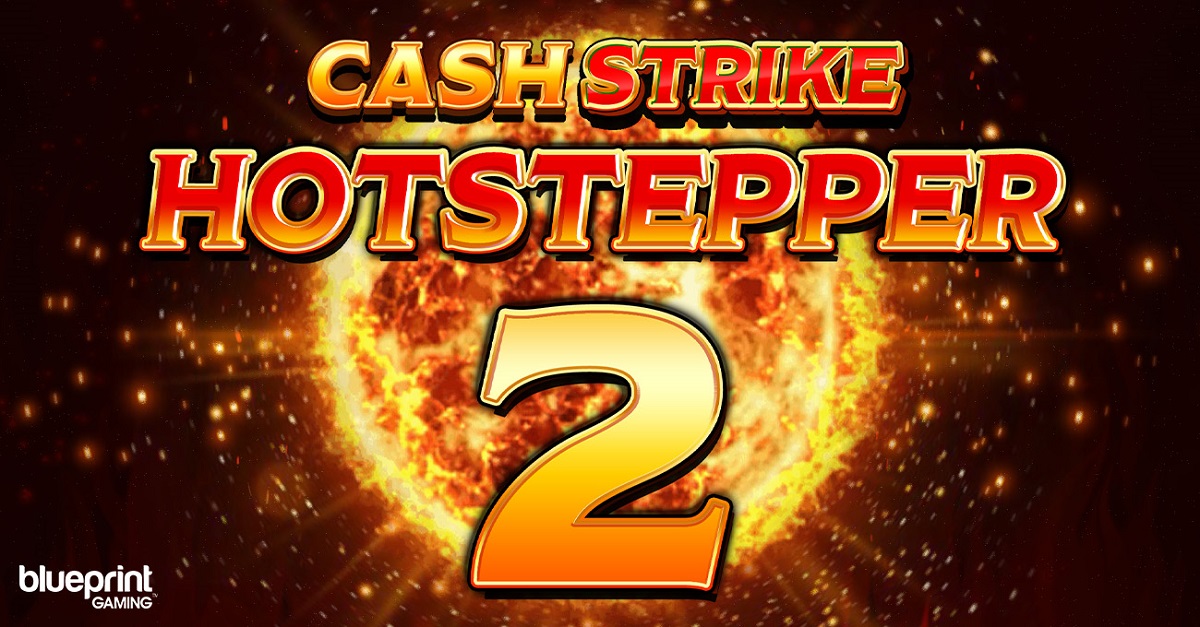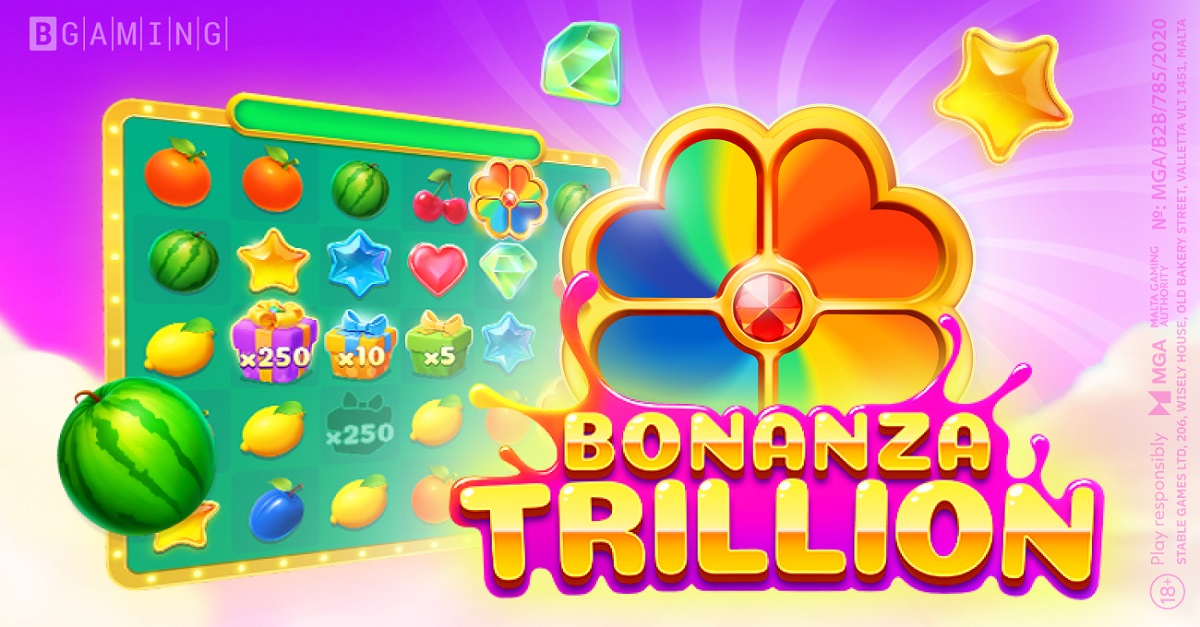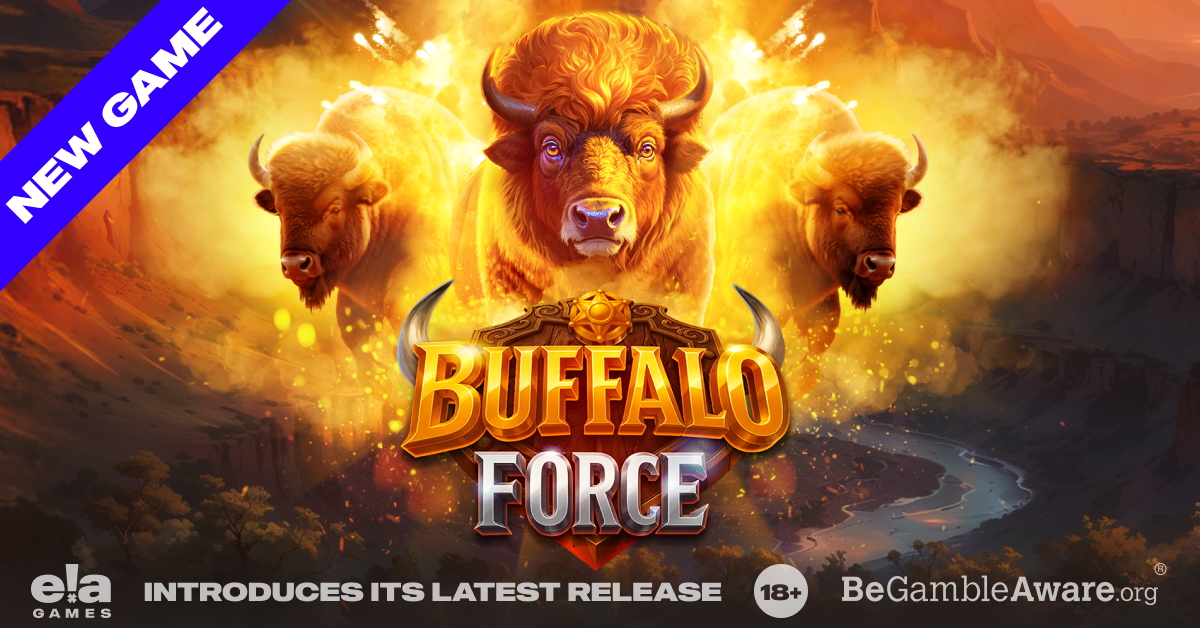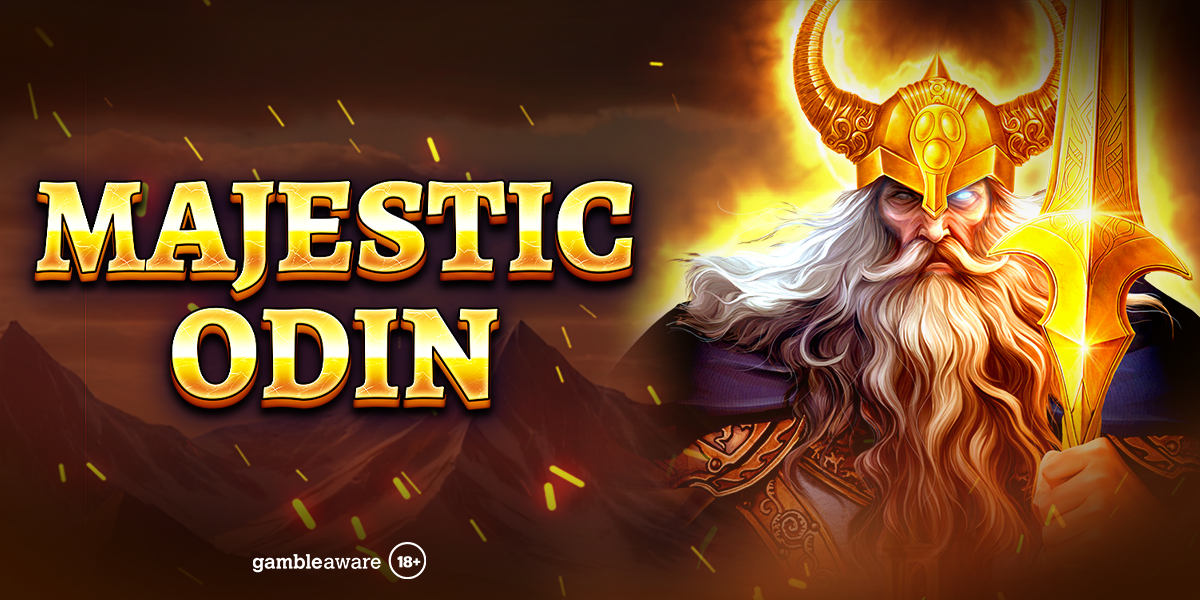

Latest News
Gambling News Roundup: New Regulations, Big Wins, and More
Millions of people enjoy gambling, whether it is a spot on a horse race or the football results. But many of them are at risk of addiction and must be better protected. That’s why the government has announced plans to update gambling rules for the digital age. These include extra powers for the Gambling Commission, curbs on bonus offers, and affordability checks for online slots.
Legalization of sports betting
The legalization of sports betting in the United States has brought a host of new opportunities for gamblers. People can now place bets on a wide variety of games, and some have even made huge profits from their wagers. This has boosted the economy and helped casinos make money. It is expected to continue growing over the next few years.
Several states have legalized sports betting, and many others are attempting to do so. Previously, most people had to travel to Nevada to place bets on their favorite teams and players. But now, sports betting is available in most states and can be enjoyed by anyone with an internet connection.
In addition to boosting the economy, legalized sports gambling is also helping state governments collect revenue. Over the past two years, sports betting taxes have generated over $3 billion in revenues for local and state governments and over $570 million for federal authorities. Some states are putting all of the money they receive from sports betting into general funds, while others are using it to fund programs such as education and law enforcement.
As the demand for legal sports betting continues to grow, many lawmakers are working on legislation to regulate the industry. Some proposals call for a percentage of the revenue to go towards anti-corruption measures in professional sports leagues, while other states are creating categories of licenses with different fees and requirements. In Illinois, for example, the new laws allow sports books to pay a “master sports wagering license” fee of $10 million to be licensed, and they must use official league data to set odds.
Other states, such as Montana and Nebraska, have ballot initiatives to legalize sports betting. In Nebraska, Proposition 27 will ask voters to amend the state constitution and allow regulated sports wagering. The measure has received support from the governor but will require 2/3 of the legislature’s approval to be placed on the ballot.
In Florida, the legislature approved sports wagering via a tribal-state compact with the Seminole Tribe in May 2021. Once the federal Department of Interior approves the compact, retail and mobile sports betting could launch in late 2021.
Legalization of medical marijuana
In the United States, medical marijuana is legal on a state level in 29 states and Washington, DC. However, you can learn more about the same from Focus Gaming News. The Trump administration has signaled a tougher stance on drug enforcement, but limited Department of Justice resources and large marijuana tax revenues in some states may discourage federal interference. Physicians are able to prescribe cannabis to treat nausea and vomiting from cancer chemotherapy and wasting (severe weight loss) associated with AIDS, as well as spasticity from multiple sclerosis. The FDA has also approved synthetic marijuana-derived compounds such as Dronabinol and Cesamet, as well as the oromucosal spray Sativex for multiple sclerosis and cancer pain.
Legalization of online gambling
The legalization of online gambling in the United States is a complex issue. While the activity is largely legal in most areas, it is still subject to state and federal laws that restrict or regulate different aspects of the industry. For example, states have passed laws that allow sports betting while limiting the types of online gambling platforms that can accept wagers. Some states have even banned online gambling entirely. The most recent development in the US has been an attempt to circumvent these state-by-state patchworks by legalizing online gaming at the federal level.
Initially, the movement to legalize online gambling in the US was focused on sports betting. The 2018 Supreme Court decision overturned PASPA, allowing individual states to legalize sports betting in their jurisdictions. In the wake of this ruling, several states enacted legislation to legalize online betting on various sporting events. The most popular sports to bet on are football, basketball, and baseball. However, there are other popular games that can be wagered on as well, including horse racing and video games.
Online casinos and poker rooms are also becoming more accessible in the US. Nevada, New Jersey, and Delaware were among the first states to introduce legal online casino games and poker sites. Since then, Pennsylvania, West Virginia, and Michigan have joined the party, and other states are considering legalization as well.
While some people may enjoy online gambling without any problem, others can be harmed by its consequences. These problems range from financial loss to addiction and even death. In the worst cases, gambling harm and addiction can lead to suicide. As a result, the industry has become more vigilant in its efforts to protect vulnerable players.
In 2022, California will vote on two competing proposals for the legalization of online sports betting. One is backed by FanDuel and DraftKings while the other is supported by California tribes. Both initiatives face an uphill battle. The state has a large Mormon population and many residents oppose the initiative due to religious beliefs. The other major holdout in the US is Hawaii, which has a similar climate and a lack of interest in expanding its gambling regulations.
Legalization of Video Poker
Amid the excitement over the Supreme Court’s decision to legalize sports betting, many states are considering new regulations that could further expand gambling. One example is a bill that would make it easier for gambling firms to monitor the habits of their customers and take steps to intervene when they exhibit problem behaviors. This bill would also allow casinos to sell betting apps and offer a range of responsible gambling products.
The state of South Carolina has a complicated relationship with gambling. Its laws ban most forms of gambling, but video poker is in a gray area because it is not specifically mentioned in the law. It was only able to survive in the state by hiding in a 1986 legislative favor. A tiny amendment in the back of a giant budget bill erased two words in a state statute, allowing video poker players to win jackpots. The state has never formally banned video poker, but it has used suits and lobbying to stymie efforts to pass a ban.
Some states have a better relationship with gambling than others, but even the best-behaved states sometimes struggle to enforce their laws. For instance, the state of Kentucky took a hard line against online poker in recent years and attempted to seize 140 gambling domains. The effort was ultimately thwarted by the court, but the state still maintains a harsh anti-online poker policy. The Kentucky Supreme Court might eventually review the case, but it is unlikely that the state will legalize online poker anytime soon.
Another state with a good relationship with gambling is West Virginia, which has launched regulated sports betting sites. In 2023, the state is expected to roll out a broader set of iGaming offerings, including online slots and table games. It is likely that the Mohegan and Mashantucket Pequot tribes will launch these sites in the state, though they may face some challenges.
The state of California has 78 land-based casinos and 60 poker clubs. It has also dozens of horse tracks, OTBs, casino cruises, and bingo halls. But it has never passed a legalized version of online poker, partly because of the industry’s unpopular image. A bill that would legalize a statewide poker network was defeated in February, but lawmakers are looking at other ways to boost gaming revenues. They are considering expanding land-based casino machines, allowing players to use their mobile devices, and adding a gambling ombudsman to help resolve disputes between punters and companies.
Compliance Updates
California Gambling Control Commission Reviews Licensing and Ownership Transfers at September 18 Meeting

The California Gambling Control Commission (CGCC) convened for its scheduled public meeting to deliberate on a wide range of licensing and regulatory matters related to cardrooms, third-party providers, tribal gaming, and key individuals in the gambling industry. The Commission addressed ownership transfers, license renewals, regulatory compliance, and findings of suitability for tribal gaming employees and suppliers.
Highlights from the Meeting
Cardroom Licensing and Ownership Transfers
Commerce Casino (California Commerce Club, Inc.)
- Initial License Approval: The Commission recommended approving an initial cardroom owner license for James Murray, Director of the Commerce Casino, through March 31, 2027.
- Ownership Transfer: The Commission approved a share transfer from Marsha Gold to the Marsha L. Gold Revocable Trust, subject to the transaction closing within 180 days and written confirmation of compliance with imposed conditions.
- Successor Trustee Licensing: The license for Jill Anter Wieder, Successor Trustee of the trust, was also approved through March 31, 2027, pending the completion of the ownership transaction.
- Additional Conditions: The Commission imposed a detailed list of conditions on the license, including certification requirements, written transaction confirmations, and mandatory legends on stock certificates to ensure regulatory compliance.
Napa Valley Casino (BVK Gaming, Inc.)
- Ownership Transfer: Similar to Commerce, the transfer of shares from Von Altizer to the Von Altizer 2017 Revocable Trust was conditionally approved.
- Successor Trustee Licensing: Applications from Christopher and Bobby Huang, successor trustees and contingent beneficiaries, were approved through May 31, 2026, contingent upon the transaction’s completion.
- Interim License Conditions: The Commission imposed a set of conditions mirroring those required for Commerce Casino, ensuring the integrity of ownership transitions.
Renewal and Interim Licenses
Seven Mile Casino (Stones South Bay Corp.)
-
A new interim renewal license was approved through September 30, 2027, with prior licensing conditions officially removed.
Commerce Casino Directors
- Rick Contrucci: The Commission opted to abandon the renewal application.
- Lysa Grigorian: The application was referred to an evidentiary hearing, and an interim license was issued through March 31, 2027.
Other Cardrooms
- Limelight Card Room: License renewed through March 31, 2027.
- Lucky Chances Casino: A 90-day extension was granted through December 31, 2025, with strict restrictions on property access and communications for Rene Medina, tied to a 36-month probationary period.
- North Coast Casino and The River Card Room: Both granted 60-day extensions with multiple compliance conditions required prior to opening or continuing operations.
Third-Party Proposition Player Services
Renewals and Initial Licenses Approved
- Owner-Type Licenses for Global Player Services and Players Edge Services were renewed through 2027.
- Employee-Type Licenses: Dozens of third-party proposition player service employees were approved or renewed, including workers from Knighted Ventures, Blackstone Gaming, and Acme Player Services.
- Conditions on some licensees, such as Glenn Kaboua, included proof of fine resolution every 90 days.
Tribal-State Compact Licensing
Gaming Resource Suppliers
-
Everi Games Inc. and LNW Gaming, Inc. received approval for initial and renewal suitability findings, with licenses valid through early 2026.
Key Tribal Employee Licensing
-
A significant number of tribal casino employees across the state received initial or renewed findings of suitability. These included employees from:
-
Chumash Casino Resort
-
Thunder Valley Casino Resort
-
Fantasy Springs Resort Casino
-
Graton Resort & Casino
-
Hard Rock Hotel & Casino Sacramento, among many others.
-
-
The Commission emphasized continuous monitoring of suitability, especially for applicants under conditional approval like Tatianna Wren, who must provide quarterly updates on efforts to resolve outstanding fines.
Key Individual Decisions
-
Huy Dang: The Commission approved the renewal of Dang’s Key Employee License through September 30, 2027, removing prior conditions related to court-mandated classes and debt resolution.
Consent Calendar Items
-
Items 15 through 21 included approvals for initial and renewal licenses for various employees, work permits, and tribal key employees. All items were approved per staff recommendations.
Conclusion
The September 18, 2025, meeting of the California Gambling Control Commission underscored the Commission’s ongoing role in maintaining transparency, accountability, and integrity in the state’s gambling industry. With careful review of ownership changes, key personnel, and operational compliance, the CGCC continues its commitment to fair and responsible gambling practices in California.
For full details and future updates, visit the California Gambling Control Commission website
The post California Gambling Control Commission Reviews Licensing and Ownership Transfers at September 18 Meeting appeared first on Gaming and Gambling Industry in the Americas.
Latest News
Groove Technologies and BetOnGames Forge Strategic Partnership

In a landmark move, platform and aggregator Groove Technologies has announced a strategic partnership with BetOnGames, the RNG game provider arm of BETCORE. This collaboration brings together Groove’s enterprise-grade platform, boasting over 15,000 games from 150+ top-tier providers, and BetOnGames’ lightweight, high-performing content, optimised for real-world conditions.
The alliance promises to deliver unparalleled scalability, engagement, and profitability for operators worldwide.
Groove’s cutting-edge platform is renowned for its precision, scalability, and advanced player engagement tools, making it a powerhouse for operators who demand excellence. By integrating BetOnGames’ portfolio featuring 100+ fast-loading, low-data titles across slots, crash, and instant-win formats, Groove further solidifies its position as the go-to solution for diverse markets, including regions with limited internet coverage.
Rachel Tourgeman, Head of Partnerships at Groove, emphasised the strategic value of the partnership: “BetOnGames’ adaptability and high-converting content perfectly complement Groove’s mission to deliver unmatched performance for operators. Their lightweight design, multilingual UI, and seamless payment integrations, including UPI, QR-wallets, and crypto, make them an ideal partner for both emerging and mature markets. Together, we’re setting a new standard for player engagement and operational efficiency.”
BetOnGames has built a reputation for reliability, offering RNG-certified titles with competitive RTPs (96–97%) and 24/7 technical support. Popular titles like Aerobet (crash-style, 97% RTP), 100 Mega Hot (classic slot, 97.12% RTP), and Bicho da Sorte 25 (lottery-style, 92.26% RTP) cater to a broad spectrum of player preferences, ensuring high retention and conversion rates.
Peter Korpusenko, CEO of BETCORE, highlighted the significance of the collaboration: “Partnering with Groove allows us to expand our reach exponentially while maintaining the speed, fairness, and lightweight efficiency that define BetOnGames. Groove’s robust backend and analytics tools empower operators to maximise our content’s potential, driving growth in even the most competitive markets.”
With full licensing under the Curaçao Gaming Control Board, integrated responsible gaming tools, and AML compliance, BetOnGames provides a secure and scalable foundation for operators. Combined with Groove’s industry-leading platform, the partnership ensures seamless onboarding via Groove’s single-API, optimised cash flow, and data-driven decision-making.
As iGaming continues to evolve, Groove and BetOnGames are poised to lead the charge, delivering a dynamic, player-centric experience that transcends borders and technical barriers. For operators seeking a competitive edge, this collaboration represents the future of iGaming today.
Yahale Meltzer, Co-Founder and COO at Groove, underscored the long-term vision: “This partnership isn’t just about adding games, it’s about enhancing ecosystems. BetOnGames’ performance in low-bandwidth environments and localised payment options align perfectly with our commitment to inclusivity and innovation. Together, we’re not just meeting operator needs; we’re anticipating them.”
The post Groove Technologies and BetOnGames Forge Strategic Partnership appeared first on European Gaming Industry News.
Latest News
Week 37/2025 slot games releases

Here are this weeks latest slots releases compiled by European Gaming
Leroy wakes up every day with a smile on his face! Why you may ask? Well executing is a dirty job but Leroy just loves to swing his axe in Nolimit City’s latest release, Dead Men Walking. The chopping block features a 3-3-3-3-3reel setup with three Fire Pits above the reels each linked to a unique base game feature.

Amusnet has released 100 Art of Gold. This new online casino release brings together the elegance of art and the dynamic feel of modern slot design. Built on a 5-reel layout with 100 fixed paylines, the game stands out with its refined aesthetic and carefully crafted details.

Play’n GO heads skyward with Rosy Orbit Treasure Turn™, a radiant slot where gravity is optional and innovation is key. A mysterious princess, a faithful fox, and a cherished rose – Play’n GO blends character-driven charm and fresh mechanics in Rosy Orbit Treasure Turn™.

Burning Classics 2 is here to ignite your winnings with all the fiery thrills of the original, plus even hotter rewards. The sequel to Booming Games’ most popular game, Burning Classics, keeps the classic 5×3 grid and 20 variable paylines, along with the iconic stacked symbols, including stacked wilds.

Blueprint Gaming™ takes one of its strongest internationally performing series to new heights in Cash Strike Hotstepper 2, with Super Strike and mystery symbols among the new additions designed to elevate the gameplay experience on offer.

BGaming is excited to announce the launch of Bonanza Trillion, the highly anticipated sequel to the hit slot, Bonanza Billion. The game builds on the success of its predecessor while also upping the ante with a range of captivating features, enhanced visuals, and higher volatility. Bonanza Trillion upgrades the classic fruit and crystal theme that players loved from the original title.

Step into the heart of the untamed frontier in Bison Moon – Power Combo, a slot from Northern Lights Gaming that captures the rugged beauty and boundless thrill of the Great Plains with plenty of big wins in store. This action-packed slot introduces the provider’s latest mechanic, Power Combo, where three unique Scatters unlock incredible bonus features via its proprietary Link&Win feature.

The vast plains are alive with the sound of rampant hooves, the roar of predators, and helpful animals along the way. ELA Games proudly presents its latest release, Buffalo Force, an energetic game that celebrates the sheer power of nature.

Spinomenal is welcoming players to ascend to Valhalla with its latest mythology-inspired slot, Majestic Odin. The game joins Spinomenal’s hugely popular Demi Gods series. Majestic Odin is set against a breathtaking Nordic landscape of towering mountains, deep fjords, and glowing torches that frame the game with mythic grandeur.

The post Week 37/2025 slot games releases appeared first on European Gaming Industry News.
-

 gaming3 years ago
gaming3 years agoODIN by 4Players: Immersive, state-of-the-art in-game audio launches into the next generation of gaming
-
EEG iGaming Directory9 years ago
iSoftBet continues to grow with new release Forest Mania
-
News8 years ago
Softbroke collaborates with Asia Live Tech for the expansion of the service line in the igaming market
-
News7 years ago
Super Bowl LIII: NFL Fans Can Bet on the #1 Sportsbook Review Site Betting-Super-Bowl.com, Providing Free Unbiased and Trusted News, Picks and Predictions
-
iGaming Industry8 years ago
Rick Meitzler appointed to the Indian Gaming Magazine Advisory Board for 2018
-
News7 years ago
REVEALED: Top eSports players set to earn $3.2 million in 2019
-
iGaming Industry8 years ago
French Senator raises Loot Boxes to France’s Gambling Regulator
-
News7 years ago
Exclusive Interview with Miklos Handa (Founder of the email marketing solutions, “MailMike.net”), speaker at Vienna International Gaming Expo 2018











